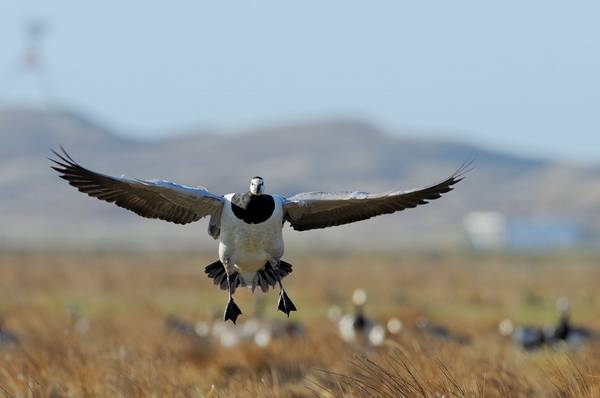Climate action and adaptation

Climate change is nowadays well recognized as major challenge to humankind. Climate action and societal adaptation are interconnected strategies to address climate change challenges. Climate action involves reducing greenhouse gas emissions through policies, technologies, and sustainable practices. Societal adaptation focuses on preparing communities for climate impacts, including building resilience, managing resources, and ensuring equity. Both approaches are crucial for mitigating climate change and creating a sustainable and resilient future.
Climate action, and in particular the cutting of greenhouse gas emissions, is a key element of the European Green Deal. PEER contributes to thorough understanding of climate change impacts through cross-disciplinary research and jointly develops the expertise to inform technological, economic and political decisions that are required to implement much needed climate actions.
The PEER working group on Climate Action for societal adaptation has identified several research areas where PEER researchers are working on:
- Climate Action
- Climate modelling
- Impact modelling
- Risk assessment
- Climate adaptation including Nature-Based Solutions
- Climate Information Services
- Capacity building, communication and outreach
Are you interested in participating on the PEER working group on Climate Action in one of the thematic areas? Contact:
- Spyros Paparrizos: spyros.paparrizos@wur.nl
- Rutger Dankers : rutger.dankers@wur.nl
- Ursula Schmitz : ursula.schmitz@ufz.de
PEER webinar series on Climate Action
1st PEER webinar on Climate Action: Climate modelling.
Peter Langen (AU/DCE) presented on ‘Climate modeling activities at Department of Environmental Sciences, Aarhus University’;
Imme Benedict (WUR) presented on ‘The next generation climate models; simulating land and atmosphere at global km-scale resolution’.- 2nd PEER webinar on Climate Action: Nature-Based solutions.
Marianne Zandersen (AU/DCE) presented on ‘Nature Based Solutions to address societal challenges – evidence from two EC funded projects (REGREEN & Invest4Nature)’.
Urban environmental sustainability

While cities occupy only 2% of the planet’s landmass, they consume over 65% of the world’s energy and account for more than 70% of global man-made CO2 emissions. Currently 75% of European citizens live in cities and this percentage is expected to raise to 80% by 2050. Cities need systemic transformation towards climate neutrality leveraging, in particular, technological, non-technological, nature–based, social and new AI-based solutions.
Contact:
Marko Tainio - Marko.Tainio@syke.fi
Sindre Langaas - Sindre.Langaas@niva.no
The EU Biodiversity Strategy 2030

The fight against biodiversity loss must be underpinned by sound science. Investing in research, innovation and knowledge exchange will be key to ensure science progress and science contribution to policy and transformative change in biodiversity governance. Research and innovation can assess present means of protection and restoration, innovate better means of monitoring and bring forth how biodiversity can enhance human wellbeing through planetary health approach and nature-based solutions, and analyse the links of global trade and biodiversity with novel governance means as an objective. PEER has and is developing its capacity to be a key actor for the EC, for national authorities and in the global scale. Horizon Europe, Biodiversity Partnership, Knowledge Center for Biodiversity and Intergovernmental Panel for Biodiversity and Ecosystem Services and other European networks tangent with the work carried out in PEER.
Contact:
Salla Rantala: salla.rantala@syke.fi